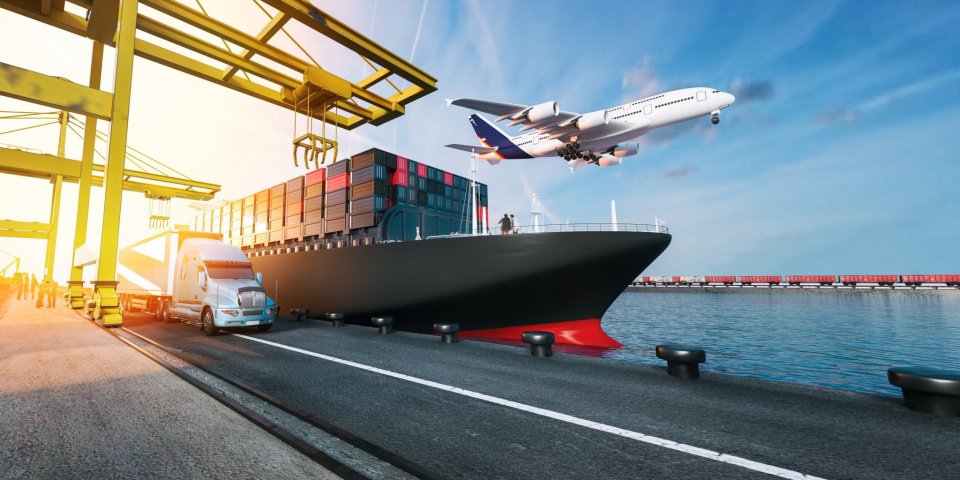India's Air and Sea Cargo Logistics: Riding the Wave of E-Commerce and Sustainability
- February 2025 - India's burgeoning e-commerce sector is fueling a dramatic shift in the country's cargo logistics landscape. As online shopping explodes, air and sea cargo are experiencing unprecedented demand, pushing the industry to adapt and innovate. But beyond simply moving goods, the focus is now on sustainability and efficiency, creating exciting opportunities for forward-thinking companies.
- The E-Commerce Boom Drives Demand: India's online retail market is booming, with consumers increasingly opting for the convenience and variety offered by e-commerce platforms. This surge in online orders has placed immense pressure on cargo logistics, demanding faster delivery times and greater efficiency. Air cargo, with its speed and flexibility, has become a critical enabler for e-commerce, particularly for time-sensitive goods and international shipments.
- Sustainability Takes Center Stage: Environmental concerns are increasingly intertwined with logistics operations. The Indian government has set ambitious targets for reducing carbon emissions, and businesses are responding by adopting sustainable practices. This includes prioritizing fuel-efficient aircraft and ships, exploring renewable energy sources, and optimizing routes to minimize emissions.
Emerging Trends in Air and Sea Cargo:
- Reverse Logistics for E-Waste: As the volume of electronic devices purchased online grows, so does the challenge of managing e-waste. Companies are investing in "reverse logistics" solutions, utilizing air and sea cargo to transport returned, end-of-life, and refurbished electronics for responsible recycling and disposal.
- The Rise of "Green Shipping": Shipowners are exploring greener technologies, including wind-assisted propulsion, biofuels, and advanced hull designs to reduce fuel consumption and emissions. These initiatives are attracting attention from environmentally conscious consumers and businesses.
- Data-Driven Optimization: Real-time tracking, predictive analytics, and advanced logistics software are transforming the way cargo is managed. These tools help optimize routes, improve inventory management, and enhance overall efficiency, reducing costs and environmental impact.
- Looking Ahead: India's air and sea cargo logistics industry is poised for significant growth in the coming years. The increasing demand from e-commerce, coupled with the growing focus on sustainability, will continue to drive innovation and efficiency. Companies that embrace these trends, prioritize environmental responsibility, and invest in advanced technologies will be well-positioned to capitalize on this dynamic market.
